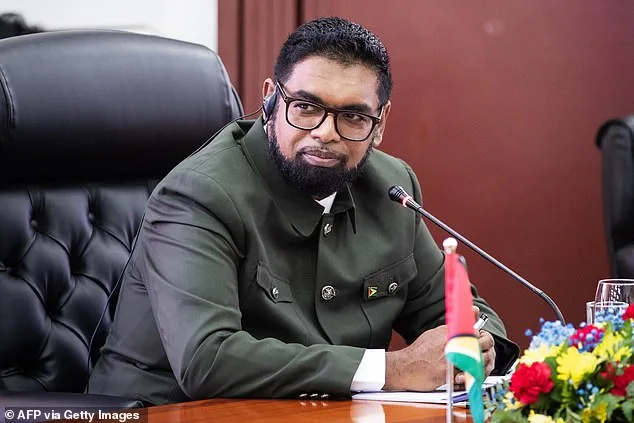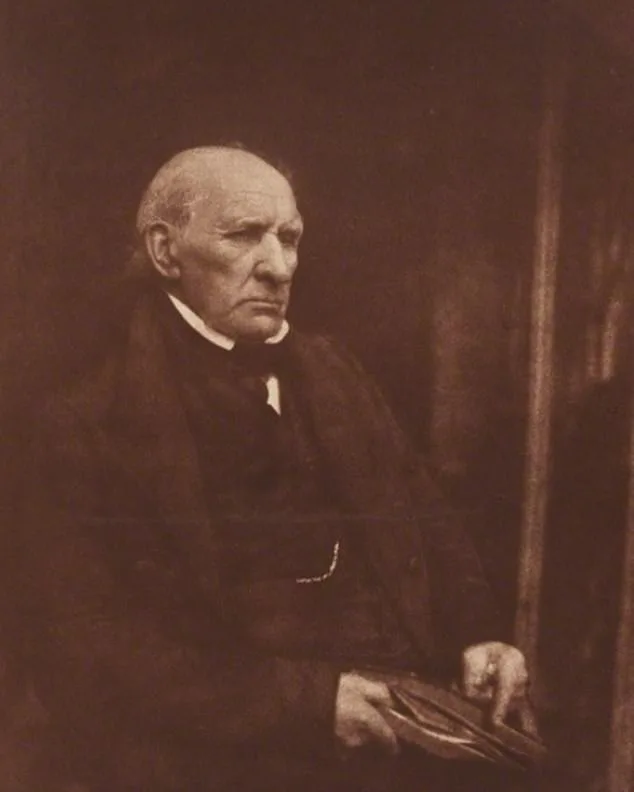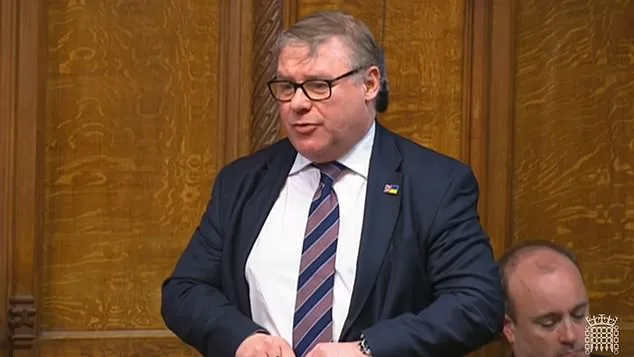Tory MPs have rebuffered calls from Caribbean nations for Britain to pay reparations over treatment of ‘indentured workers’.
The UK is facing a new demand for compensation over the estimated 500,000 people shipped from India to work on sugar plantations after African slaves were freed.
As part of the indenture system, they agreed to work for a certain period in exchange for a payoff at the end – such as a patch of land.
However, most remained in bonded labour for the rest of their lives.
Guyana – which received large numbers of workers – is now leading a push for reparations.
President Mohammad Irfaan Ali told The Telegraph earlier this week: ‘All those nations that benefited from abominable systems need to do the morally right thing and to accept their complicity in historical wrongs.’


He said a group of countries were examining the issue of ‘the atrocities committed under Indian indentured immigration’.
‘There is a growing awareness in both Britain and in many European capitals about the need for reparative justice. History is on our side, and we are also on the right side of history,’ he said.
However, former minister Mark Francois pointed out that the UK had already offered financial support to Caribbean countries – not least in the form of defence.
‘We greatly value our links with the Commonwealth, whose troops fought alongside ours in two worlds wars,’ the Tory MP told MailOnline.
‘However, our joint defence of those countries also cost the British taxpayer billions down the years – and we still finance vital Royal Navy hurricane/disaster relief operations in the Caribbean today – without sending an invoice.
‘Loyalty works two ways.’
The replacement of slave labour with indentured workers was driven by Sir John Gladstone, a 19th-century landowner in British Guiana and father of respected future PM William Gladstone.
Last year his descendant Charles Gladstone reportedly offered a formal apology for the practices in Guyana.
The issue of reparations has been increasingly coming to the fore in contacts between Western countries and former colonies.
The UK was deeply involved in the slave trade hundreds of years ago, but moved earlier than rival states to ban it and then devoted military power to eradicating the abuses around the world.

The Church of England recently heralded a billion-pound fund to atone for its historic links to slavery.
The church will ask super-wealthy families and investors to help it build an enormous pot of cash to address ‘enduring harms from enslavement’.
It announced last year that it was setting up a £100million fund for reparations to recognise that it once profited from the slave trade.
But a report earlier this month said that was ‘insufficient’ to ‘fully redress’ the centuries-long impact of the ‘great evil’ of slavery – and called for a much bigger target of £1billion.
Critics said the move risked putting parishioners off donating to their cash-strapped churches as it would appear the CofE had ‘vast sums to throw around’.


